Foot health is often overlooked in discussions about overall well-being, yet our feet play a crucial role in our daily activities and overall quality of life.
From standing and walking to running and exercising, our feet bear the weight of our entire body and are responsible for keeping us stable and mobile. Neglecting foot health can lead to a myriad of problems, including pain, discomfort, and even more serious issues such as muscle and joint imbalances.
Here, we will explore proper foot health and overall well-being and how it contributes to our overall well-being. We will delve into the common foot problems that can arise from neglect or improper care, as well as simple yet effective ways to maintain healthy feet.
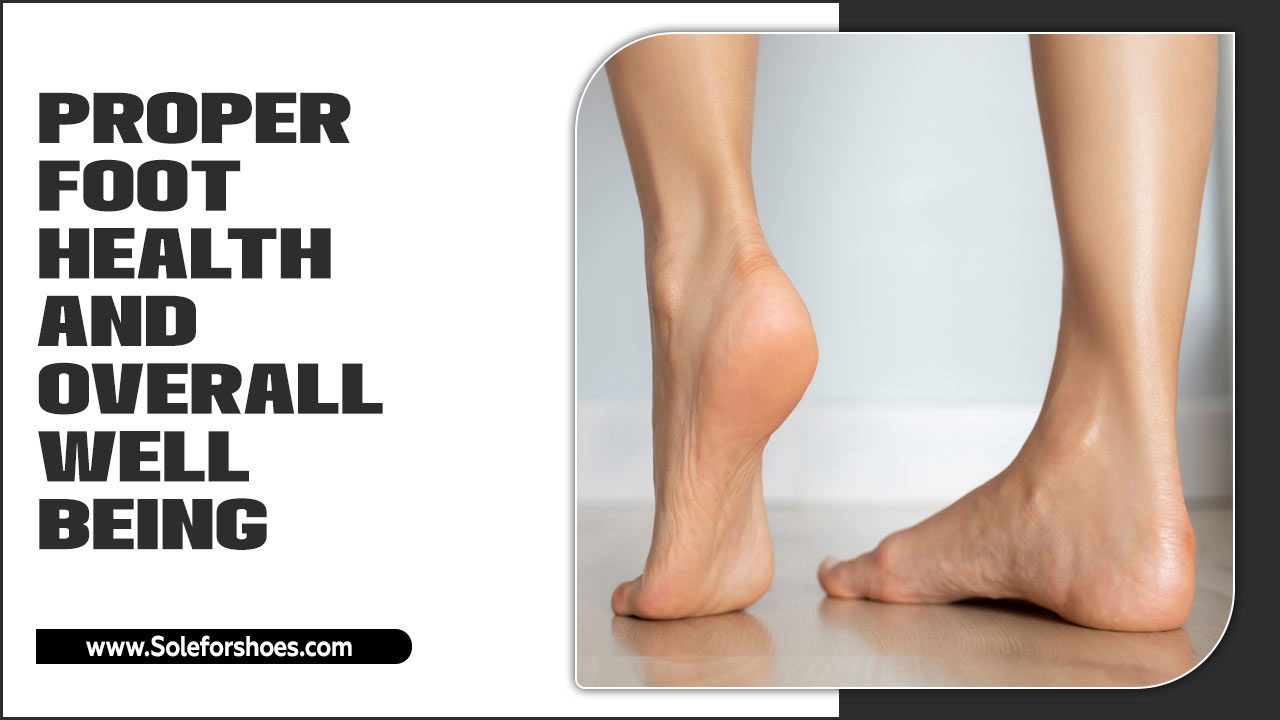
Proper Foot Health And Overall Well-Being – Explain In Detail
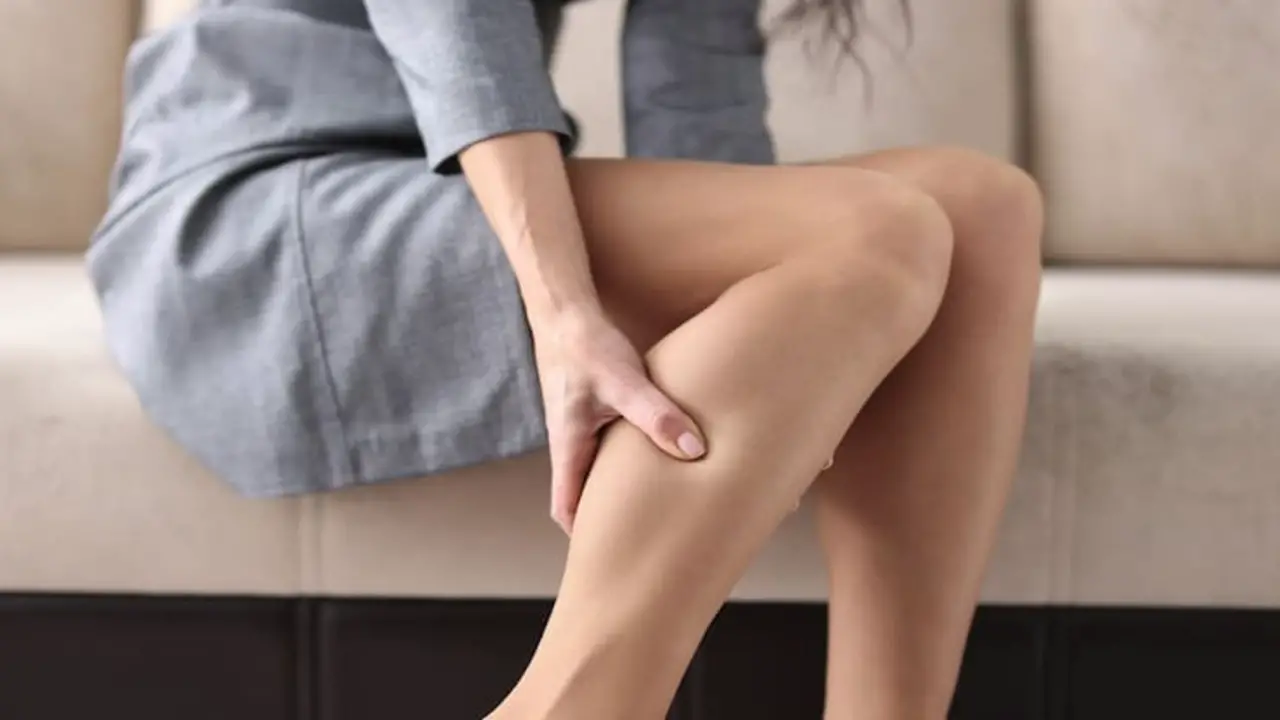
Proper foot health and overall well-being. The impact of foot pain on one’s emotional well-being cannot be overstated. When faced with chronic foot problems, individuals often experience a cascade of negative emotions that can significantly diminish their overall happiness.
The constant discomfort and stress resulting from painful feet can lead to feelings of frustration, anxiety, and even depression. The simple act of walking, which is usually taken for granted, becomes a struggle and can further exacerbate the emotional toll.
Individuals are limited in their mobility and ability to engage in daily activities. They may feel a sense of helplessness and loss of independence, further compromising their emotional state.
Conversely, healthy and pain-free feet have a profound positive effect on an individual’s sense of well-being and quality of life. The absence of foot pain allows for greater freedom of movement, enabling individuals to partake in activities they enjoy without hindrance or discomfort.
Understanding Common Foot Problems
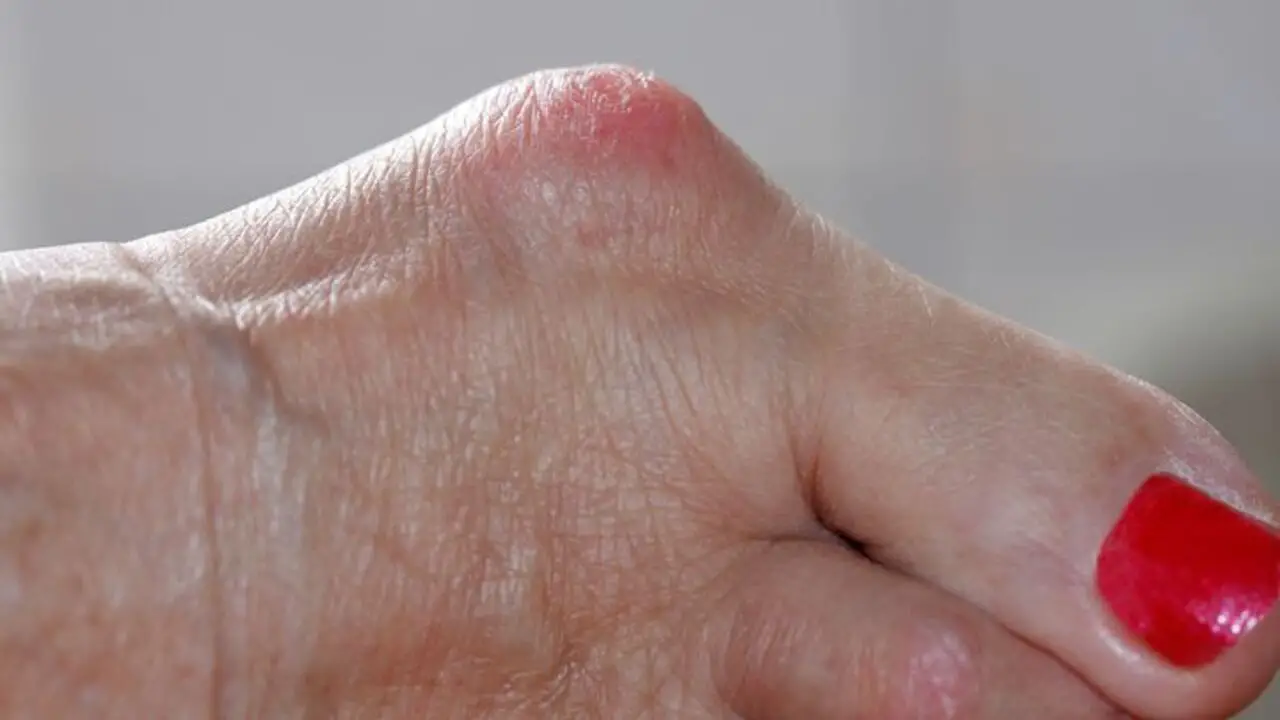
Understanding common foot problems is essential for healthcare professionals and individuals alike. Foot problems can cause significant pain and discomfort, leading to a decreased quality of life and limited mobility. By gaining knowledge about these conditions, healthcare professionals can better diagnose and treat patients, while individuals can take preventive measures and seek appropriate care.
- Understanding common foot problems is crucial for maintaining foot health and overall well-being.
- Some common foot problems include bunions, corns, calluses, ingrown toenails, plantar fasciitis, and athlete’s foot.
- Knowing the symptoms and causes of these foot problems can help in early detection and prevention.
- Regularly practicing good foot hygiene, such as keeping feet clean and dry, wearing comfortable and properly fitting shoes, and trimming toenails properly, can help prevent foot problems.
- Seeking medical attention from a podiatrist or foot specialist is important if you experience persistent foot pain, swelling, or other concerning symptoms.
- Proper foot care can contribute to overall physical well-being by supporting mobility, balance, and overall comfort.
- Understanding how different lifestyle factors, such as exercise, diet, and footwear choices, can impact foot health is essential for maintaining healthy and happy feet.
- Educating oneself about foot problems and their prevention can help individuals make informed decisions about their foot care routine.
Maintaining Proper Foot Hygiene
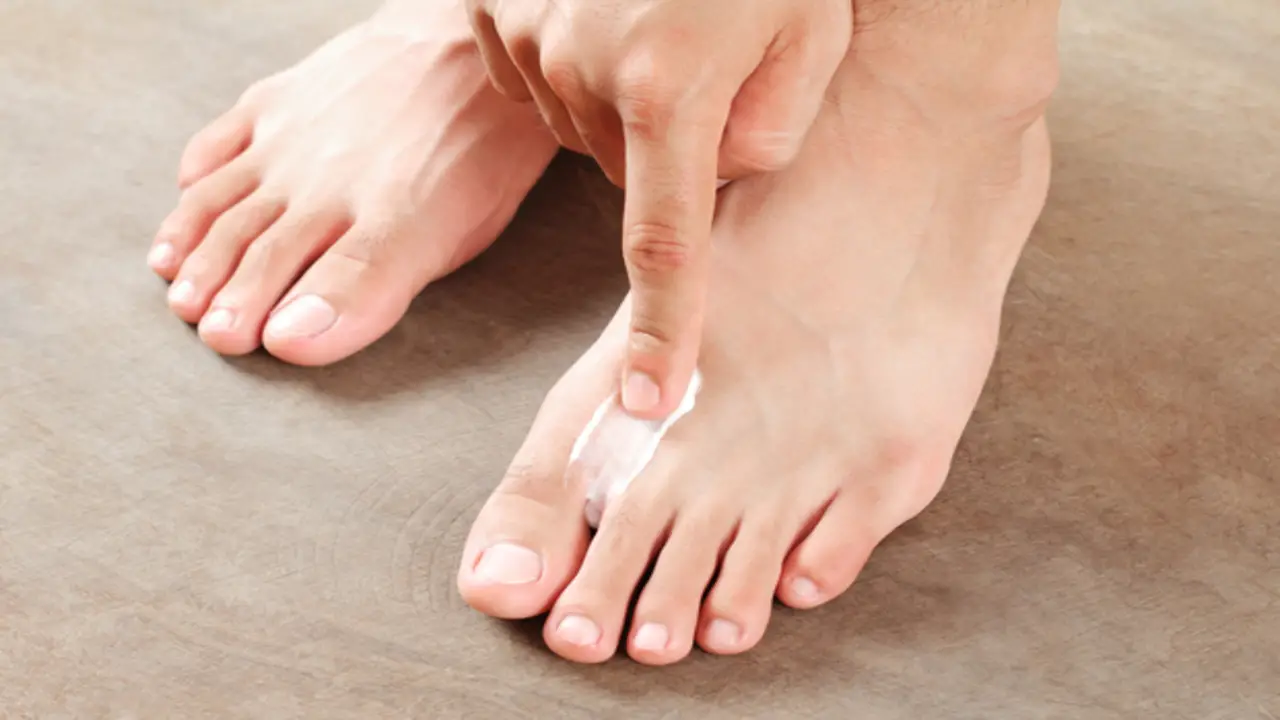
Maintaining proper foot hygiene is crucial for overall health and well-being. The feet are often subjected to various stressors and environmental factors, making them vulnerable to infections and other ailments.
To ensure optimal foot health, individuals should adopt a regular foot care routine that includes cleaning, moisturizing, and inspecting the feet. Maintaining proper foot hygiene is essential for foot health and overall well-being. Here are some important tips to help you keep your feet healthy and clean:
- Wash Your Feet Daily: Use warm water and mild soap to wash your feet thoroughly. Pay attention to the areas between the toes and the soles of your feet.
- Dry Your Feet Properly: After washing, make sure to dry your feet thoroughly, especially between the toes. Moisture can promote the growth of bacteria and fungi, leading to infections.
- Trim Your Toenails Regularly: Trim your toenails straight across and avoid cutting them too short. This can help prevent ingrown toenails and other nail problems.
- Wear Clean Socks And Shoes: Change your socks daily and make sure they are clean and dry. Opt for breathable footwear that allows air circulation to prevent excessive sweating.
- Practice Good Foot Hygiene In Public Areas: When using public showers, swimming pools, or locker rooms, wear flip-flops or sandals.
Choosing The Right Footwear
When selecting the appropriate footwear, careful consideration must be given to various factors in order to ensure optimal comfort, support, and functionality. One of the primary aspects to contemplate is the purpose or activity for which the footwear will be utilized.
Different activities, such as running, hiking, or playing sports, necessitate specific types of shoes that are designed to cater to the unique demands of each pursuit. Choosing the right footwear is essential for maintaining foot health and overall well-being. Here are some important factors to consider when selecting the right shoes:
- Proper Fit: Ensure that the shoes fit well and provide enough room for your toes to move freely. Avoid shoes that are too tight or too loose, as they can cause discomfort and foot problems.
- Arch Support: Look for shoes that offer adequate arch support to provide stability and prevent issues like flat feet or plantar fasciitis. Consider using orthotic inserts if needed.
- Cushioning and Shock Absorption: Choose shoes with good cushioning to absorb the impact and reduce pressure on your feet. This is especially important if you engage in high-impact activities like running or jumping.
- Breathability: Opt for footwear made from breathable materials to allow proper air circulation and prevent excessive sweating and foot odor. This is particularly crucial for those with sweaty feet or prone to fungal infections.
The Role Of Diet And Exercise In Foot Health
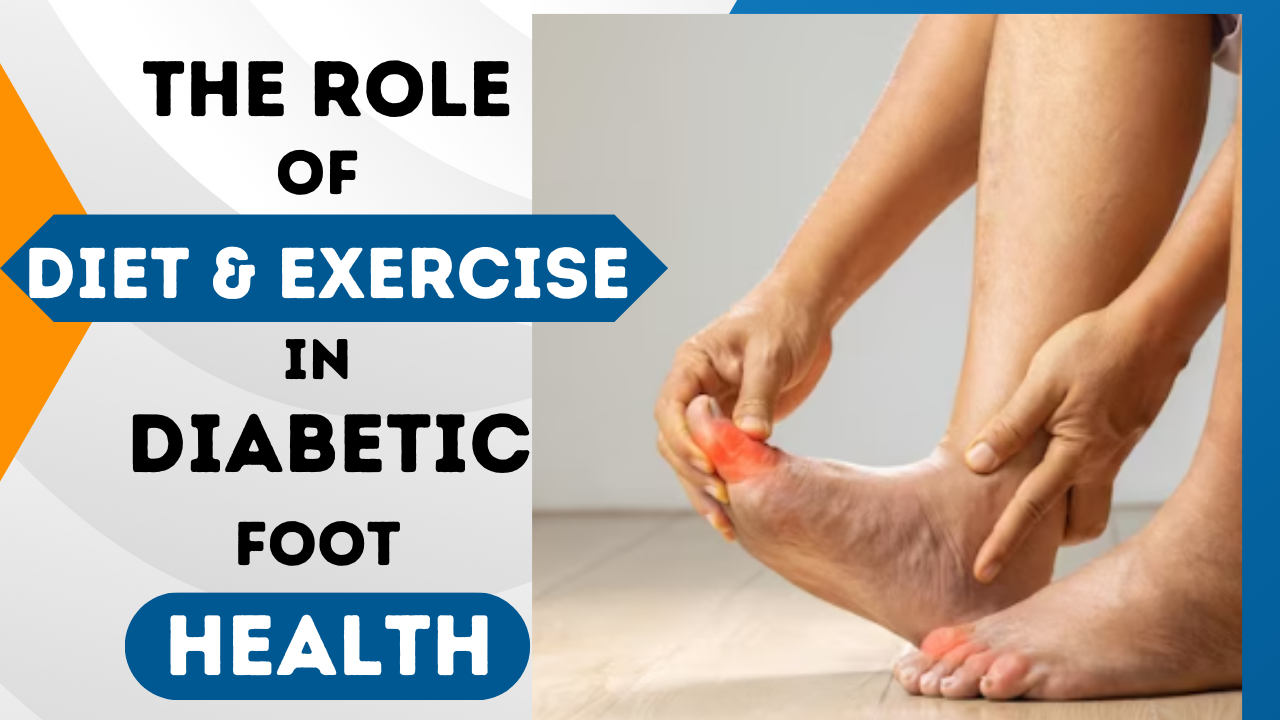
The role of diet and exercise in foot health is a topic of utmost importance in the field of podiatry. Proper nutrition and regular physical activity play a pivotal role in maintaining the overall well-being of an individual, and this extends to the health of their feet.
A balanced diet rich in essential nutrients and vitamins is crucial for maintaining healthy bones, muscles, and tissues in the feet. Nutrients like calcium, vitamin D, and magnesium are particularly important for supporting bone health and preventing conditions such as osteoporosis.
- Diet plays a crucial role in foot health as it affects overall well-being.
- Eating a balanced diet rich in nutrients helps maintain healthy bones, muscles, and joints in the feet.
- Consuming foods high in calcium, such as dairy products, leafy greens, and fortified cereals, promotes strong bones and prevents conditions like osteoporosis.
- Including foods rich in vitamin D, such as fatty fish, eggs, and fortified dairy products, aids in calcium absorption and supports bone health.
- Maintaining a healthy weight through diet and exercise reduces stress on the feet, preventing conditions like plantar fasciitis and arthritis.
- Regular exercise, such as walking, jogging, or swimming, improves circulation and strengthens the muscles and ligaments in the feet.
- Exercise also helps control weight and reduces the risk of chronic conditions that can affect foot health, such as diabetes and heart disease.
Stretching And Strengthening Exercises For The Feet
Stretching and strengthening exercises for the feet are essential components of maintaining foot health and preventing various foot-related conditions. These exercises aim to improve flexibility, increase strength, and promote overall foot stability.
Stretching exercises involve gently extending the muscles and tendons of the feet while strengthening exercises target specific muscle groups to build endurance and stability. Stretching and strengthening exercises for the feet can greatly contribute to foot health and overall well-being. Here are some exercises to consider:
- Toe Stretches: Sit on a chair and place your foot on the opposite thigh. Gently pull each toe back and forth, holding for a few seconds on each stretch. This helps to improve flexibility and mobility in the toes.
- Heel Raises: Stand with your feet shoulder-width apart. Slowly rise onto your toes, then lower back down. Repeat this movement for several repetitions. Heel raises help to strengthen the calf muscles and improve balance.
- Ankle Circles: Sit on a chair and lift one foot off the ground. Rotate your ankle clockwise for 10-15 seconds, then switch to counterclockwise. Perform this exercise for both feet to improve ankle flexibility and mobility.
- Marble Pick-Up: Place a bowl of marbles on the floor and sit on a chair with your feet flat.
Preventing And Managing Foot Pain
Crucial for maintaining proper foot-health and overall well-being. Foot pain can greatly impact our daily activities and overall quality of life. Taking proactive measures to prevent foot pain, such as wearing proper footwear, maintaining a healthy weight, and practicing good foot hygiene, can go a long way in ensuring the well-being of our feet.
Additionally, it is important to properly manage any existing foot pain by seeking professional help, such as podiatrists or physical therapists, who can provide effective treatments and exercises to alleviate pain and promote healing. By prioritizing proper foot health and effectively managing foot pain, we can enhance our overall well-being and enjoy a more active and fulfilling lifestyle.
Common Foot Conditions And Treatment Options
Common foot conditions are a significant concern among individuals of all ages, affecting their overall quality of life and mobility. Understanding these conditions and the available treatment options is crucial for healthcare professionals and individuals seeking relief from foot ailments. One prevalent foot condition is plantar fasciitis, which involves inflammation and pain in the tissue connecting the heel bone to the toes.
Common Foot Conditions
- Plantar Fasciitis
- Bunions
- Ingrown Toenails
- Corns and Calluses
Treatment Options
- Plantar Fasciitis: Stretching exercises, orthotic inserts, physical therapy, corticosteroid injections, and, in severe cases, surgery.
- Bunions: Wearing proper footwear, using bunion pads or splints, physical therapy, pain relievers, and, in severe cases, surgery.
- Ingrown Toenails: Soaking the foot in warm water, gently lifting the corner of the nail, applying antibiotic ointment, wearing open-toed shoes, and, in severe cases, surgical removal of the nail.
- Corns And Calluses: Regularly soaking and moisturizing the feet, using a pumice stone or callus file, wearing properly fitted shoes with cushioning, and using over-the-counter salicylic acid
Seeking Professional Help For Foot Issues
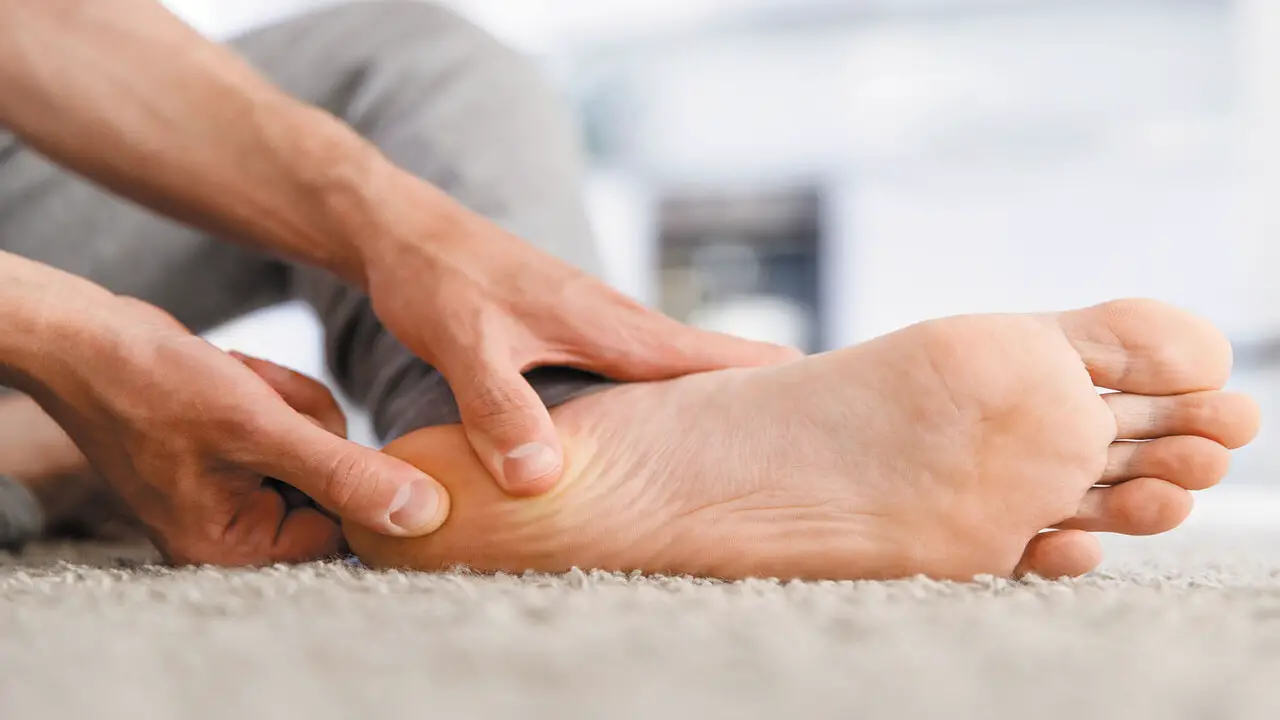
Seeking professional help for foot issues is crucial in maintaining proper foot-health and overall well-being. While many people may overlook the importance of their feet in the grand scheme of their overall health, the truth is that foot problems can significantly impact one’s quality of life.
From chronic foot pain to limited mobility, untreated foot issues can lead to a decrease in physical activity, which can, in turn, affect one’s mental and emotional well-being.
By consulting a podiatrist or foot specialist, individuals can receive expert guidance and treatment for various foot conditions, including bunions, plantar fasciitis, ingrown toenails, and fungal infections. These professionals possess the necessary knowledge and tools to accurately diagnose and create tailored treatment plans to alleviate foot pain and
Incorporating Foot Care Into Your Daily Routine
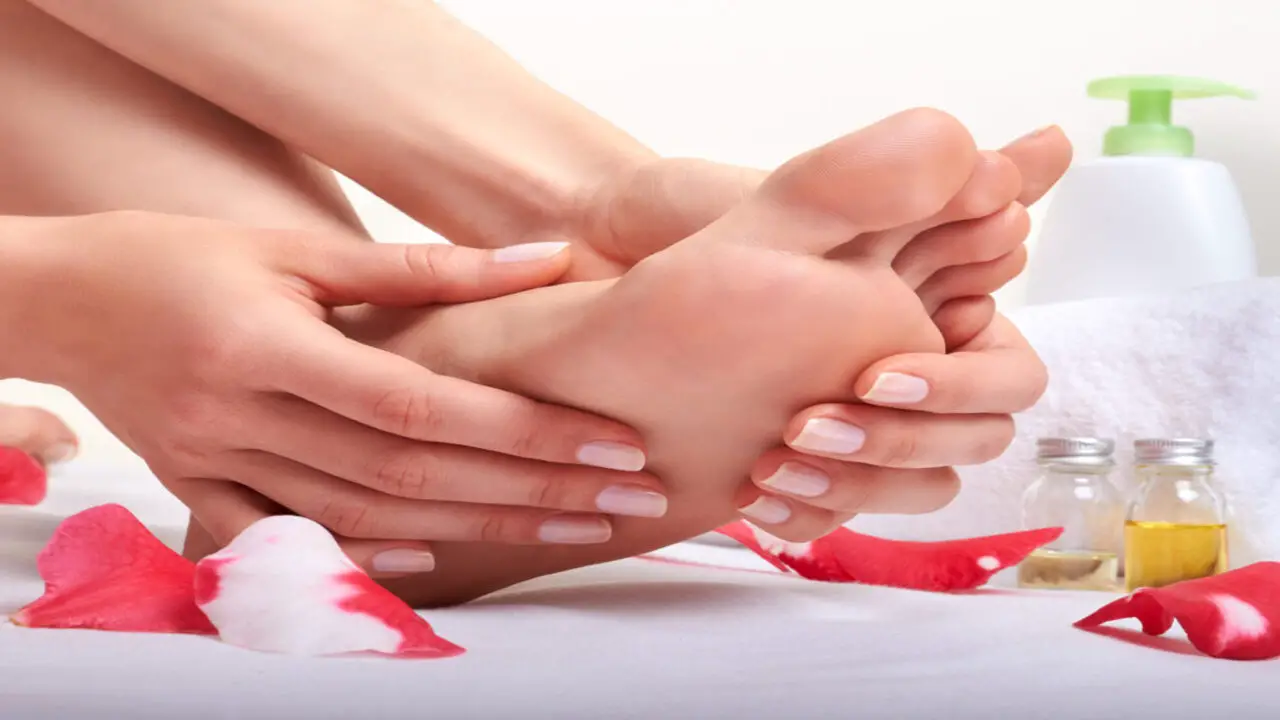
Incorporating foot care into your daily routine is of utmost importance for maintaining overall health and well-being. The feet, being the foundation of our body, bear the weight and stress of our daily activities.
Incorporating foot care into your daily routine is essential for maintaining foot health and overall well-being. Your feet play a crucial role in supporting your body and allowing you to move around comfortably. Here are some tips to help you take care of your feet on a daily basis:
- Wash Your Feet Daily: Use warm water and mild soap to cleanse your feet thoroughly. Pay special attention to the areas between your toes, as this is where moisture can accumulate and lead to fungal infections.
- Keep Your Feet Moisturized: After washing, apply a good quality foot cream or lotion to keep your skin hydrated and prevent dryness and cracking. Avoid applying moisturizer between your toes, as it can create a moist environment that promotes fungal growth.
- Trim Your Toenails Properly: Trim your toenails straight across and avoid cutting them too short to prevent ingrown nails. Use a proper nail clipper and file any rough edges.
Conclusion
Taking care of our feet is crucial for our overall well-being. From preventing common foot problems to improving balance and mobility, maintaining proper foot health should be a top priority. Not only do our feet support our body weight and allow us to move, but they also contain thousands of nerve endings that are connected to various organs and systems in our body.
By implementing simple foot care practices and seeking professional help when necessary, we can ensure that our feet are able to support us in our daily activities and contribute to our overall physical and mental well-being. Let us not neglect our feet and instead give them the attention and care they deserve for a healthier and happier life. We hope now you know proper foot health and overall well-being.
FAQ
1.What Is The Recommended Daily Water Intake For Maintaining Good Foot Health?
Ans: There is no specific recommended daily water intake specifically for maintaining good foot health. However, general guidelines suggest drinking about 8 cups (64 ounces) of water per day for overall health and hydration. Staying properly hydrated is important for maintaining healthy circulation, preventing foot swelling, and aiding in the body’s natural healing processes.
2.Why Is It Important To Wear Properly Fitted Shoes?
Ans: It is important to wear properly fitted shoes because they provide the necessary support and protection for our feet. Ill-fitting shoes can lead to a variety of foot problems such as blisters, corns, calluses, and even more serious issues like bunions or foot deformities. Properly fitted shoes ensure that our feet are comfortable and properly aligned, reducing the risk of injury and discomfort.
3.How Often Should You Replace Your Running Shoes?
Ans: It is recommended to replace your running shoes every 300-500 miles or every 6-12 months, depending on your running style, mileage, and shoe quality. Regularly checking for signs of wear and tear, such as worn-out treads, loss of cushioning, or discomfort, can also indicate the need for replacement.
4.What Are Some Common Foot Problems Caused By High Heels?
Ans: Some common foot problems caused by high heels include bunions, corns, calluses, hammertoes, and plantar fasciitis. Wearing high heels for prolonged periods can put excessive pressure on the toes, leading to deformities and pain.
5.How Does Wearing The Wrong Size Shoes Affect Foot Health?
Ans: Wearing the wrong size shoes can have various negative effects on foot health. Shoes that are too tight can cause blisters, calluses, and bunions, while shoes that are too loose can lead to instability and an increased risk of falls. Ill-fitting shoes can also cause foot pain and discomfort and even contribute to the development of conditions like plantar fasciitis and hammertoes.
